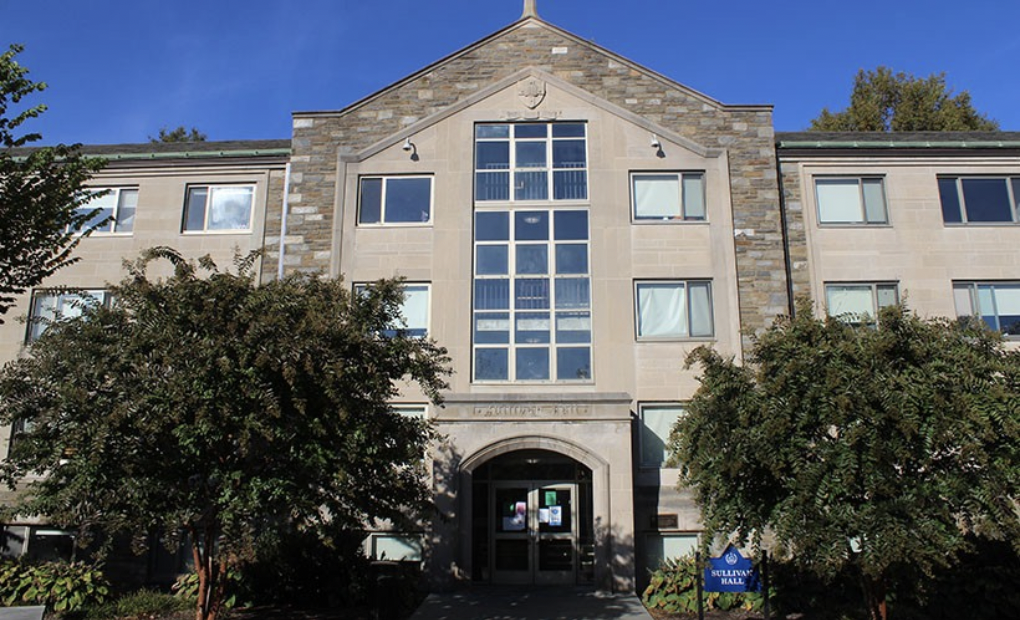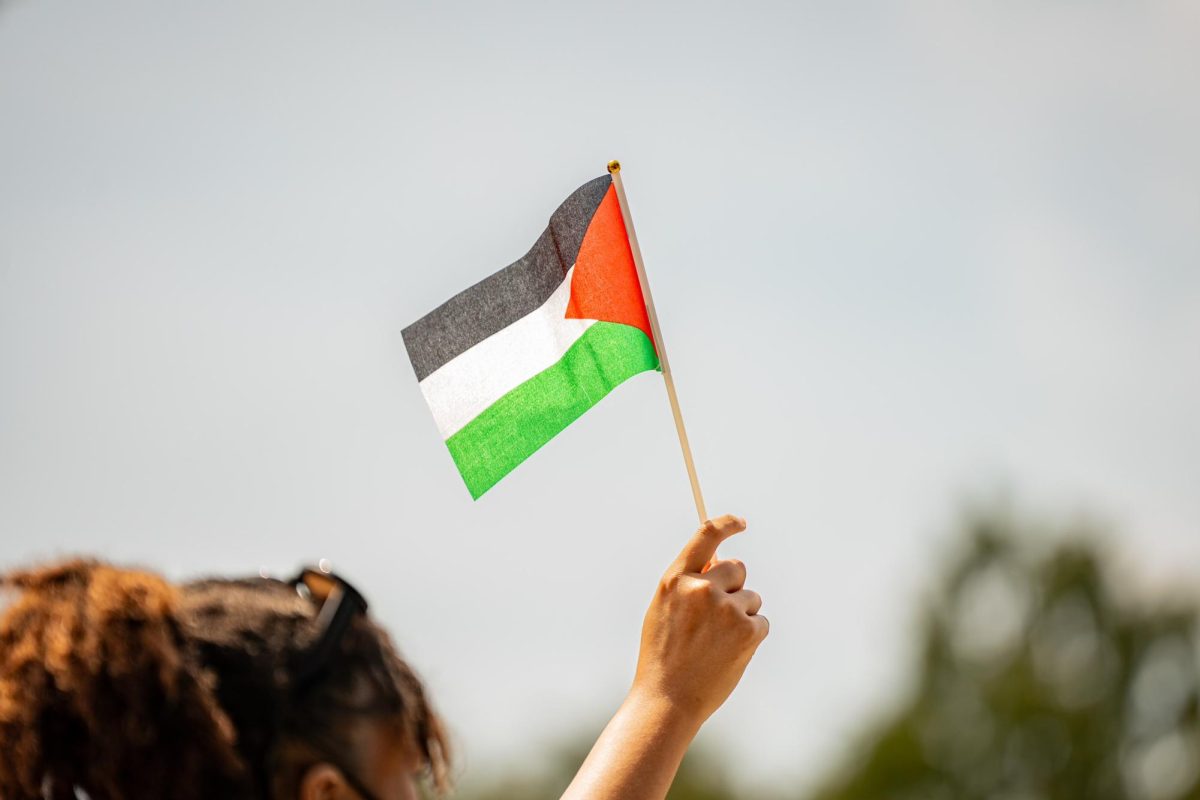On Nov. 6, Villanova professor Samer Abboud led a second teach-in on Palestine, featuring a panel of professors Olukunle Owolabi, Reverend Naomi Washington-Leaphart and Jonathan O’Neill. This teach-in was centered around understanding anti-colonial movements, as well as the solidarity of the Black and Irish communities with Palestinians.
Abboud, associate professor of global interdisciplinary studies and head of Arab and Islamic studies, began by acknowledging the horrific violence seen in Gaza since the conflict broke out, calling it a “collective terror that will be felt over generations.” This includes the destruction of universities and attacks on hospitals and desperately-needed medical facilities. He then stated that the purpose of this teach-in was to “gather today to consider this through the lens of historical examples of solidarity,” because students at the first teach-in were interested in learning ways that they could demonstrate solidarity with the Palestinian people.
The first question about how to understand anti-colonial resistance in a historical context was directed to Owolabi, associate professor of political science, global interdisciplinary studies and director of Africana studies. Owolabi, who began by saying his “answers are intended to provoke more questions,” gave a presentation on how historical examples may help understand the media framing of Palestine, how anti-colonial resistance is defined and how the United States origin out of anti-colonial resistance shapes the framing of resistance elsewhere in the world.
Owolabi gave a brief overview of American and British formal and informal colonialism, before speaking about the three different strategies of resistance: wars of independence, non-violence and peaceful negotiation. He went on to speak on how non-violent resistance is often the most celebrated, but we need to consider why people turn away from it, often because other tools of resistance are denied to them.
The following portion of the discussion featured O’Neill and Washington-Leaphart discussing the factors behind Irish and Black solidarity with Palestine. O’Neill discussed the lengthy history of British colonialism in Ireland and Northern Ireland, including The Troubles and the resistance of the IRA. These narratives of a similar history make the Irish more inclined to support Palestine. This is apparent in Ireland which has stood out by refusing to go along with the “hegemonic European decision” to support Israel.
Washington-Leaphart began by speaking about the “watershed moment of solidarity between Palestinian people and African-Americans,” in 2014 and 2015 after the killings of Michael Brown and Eric Garner occurred around the same time that 2000 Palestinians were killed in the 2014 Gaza War. She went on to speak about how both sides of activists noted connections between their respective struggles. For example, Black activists fought against U.S. police departments working with Israel forces, while Palestinian activists connect the deaths of George Floyd and Eyad al-Hallaq.
“Note the connections, note the timing, it’s all connected, it’s all deliberate,” Washington-Leaphart said. This wave of solidarity was significant but it wasn’t the first, as the relationship between Black Americans and Palestinians extends back to the Black Panther movement in the 1960s.
Rev. Washington-Leaphart also spoke on her own personal experiences of visiting Palestine and seeing the marginalization of its citizens.
“It didn’t take an academic degree or sophisticated analysis for me to recognize Anti-Palestinian fervor and activity,” she said. Her Palestinian hosts asked that she not lose her voice in standing up for them, and to “say what [she has] borne witness to because once you see it you can’t unsee it.”
O’Neill was also asked to give examples of current Irish solidarity with the Palestinian cause. He spoke about how Irish activists actively pushed for a boycott of products with connections to illegal West Bank settlements, how Irish academics refused to engage with Israeli universities and the pressure placed on the government from the many Irish citizens who believe the treatment of Palestinians “makes a mockery of all post-World War II human rights declarations.”
The last question focused on connections between Christianity and Zionism, which was a particularly personal question for Washington-Leaphart, who had been raised in a Zionist Christian household herself. She spoke about how some Christians believe that what is happening in Palestine is a sort of beginning of the last days, and some members of the Christian right have made this conflict about themselves. She also addressed how Israel “exploited Black piety” to foster support for Zionism in communities like her own.
“This is not condemning Christianity, but recognizing its vulnerability to exploitation to hold up the occupation,” she said.
The panel was then opened up to a Q&A session, which featured questions from students and discussion about topics like the myth of a perfect resistance movement, an elaboration on Palestine’s history as a “cultural mosaic” of religions before colonization to combat the idea that this is primarily religious war, the tragic population displacement that caused the creation of Israel and how antisemitism contributed to that, and how Villanova faculty should speak about this conflict with their students.
The teach-in was followed by a strategizing session led by Villanova students who wanted to go further in demonstrating solidarity with Palestine, which ultimately led to last Thursday’s protest.






